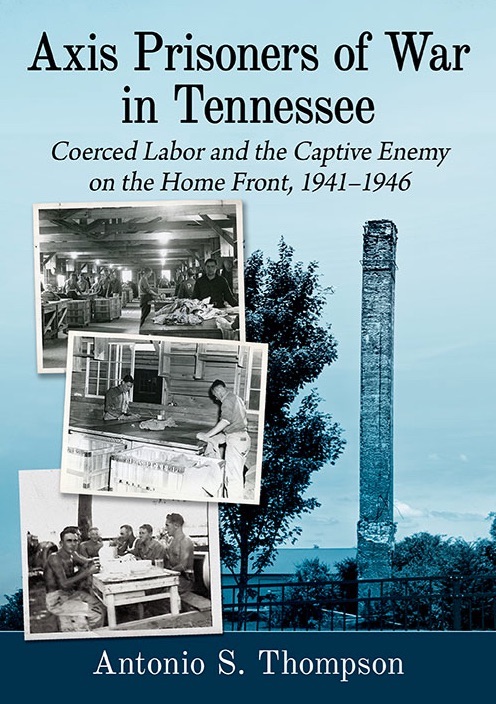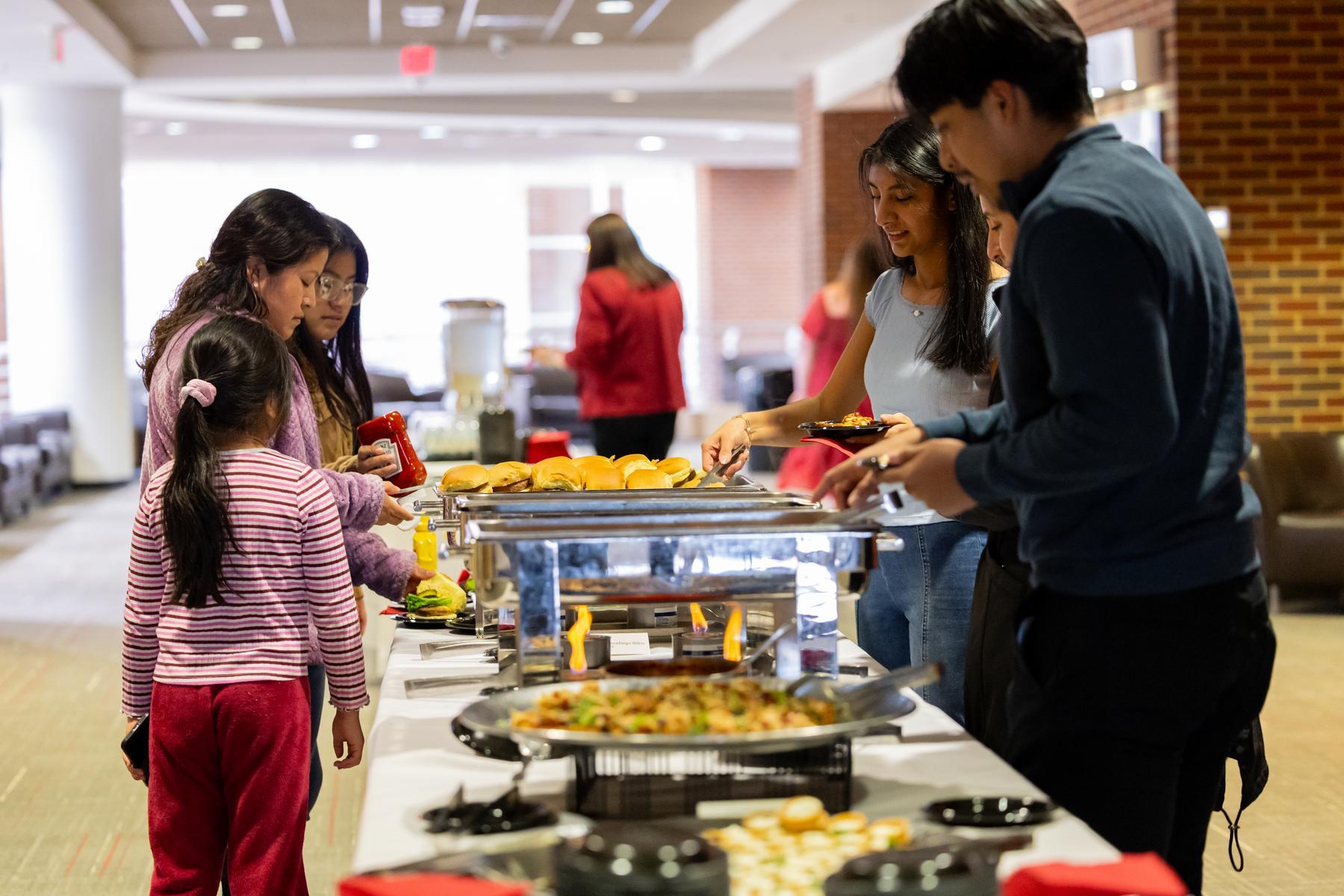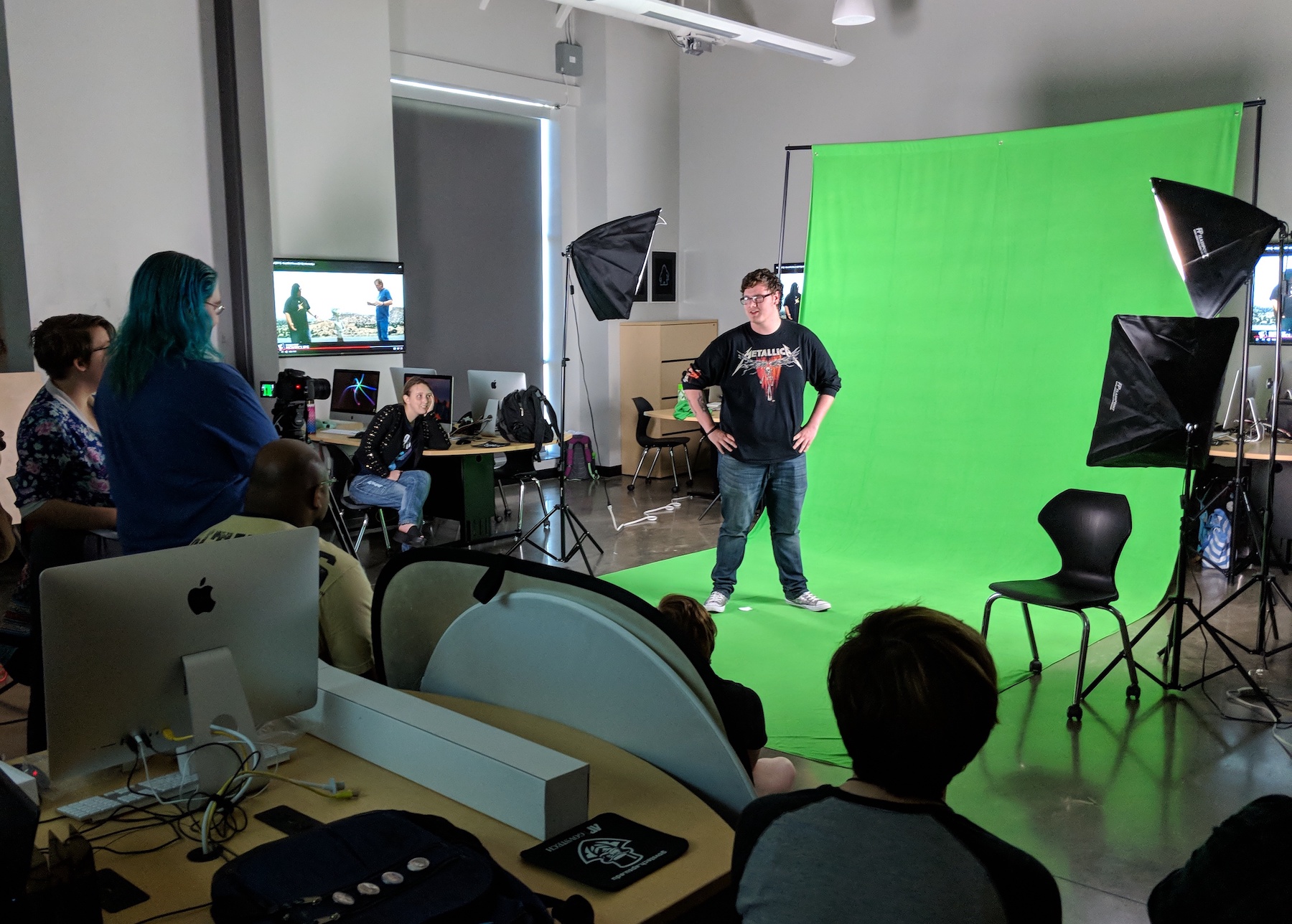APSU history professor’s new books look at World War II POWs in Tennessee and Kentucky

CLARKSVILLE, Tenn. – Something didn’t look right. Several men huddled around an ambulance, pouring water into the radiator. It was 2 a.m., and across the road, a guard posted at the gate to Camp Campbell watched the men fumbling in the dark. He’d grown more suspicious of strangers – especially strangers traveling at night – ever since World War II started. The guard watched those men, and maybe he thought he heard someone whispering in German as they tried to fix that overheated ambulance. Instead of crossing the road, the guard picked up his radio.
“So, he’s watching this and thinks it’s a little suspicious, so he calls it in,” Dr. Antonio Thompson, Austin Peay State University professor of history, said. “He calls it in, and no ambulance was dispatched so he goes over and it’s four escaped prisoners, and he tells them, ‘drive that thing back and I’ll follow you back.’ Things like that happened.”
What were German Prisoners of War doing all the way over in Tennessee? According to Thompson, when they weren’t trying to escape, they were helping the U.S. war effort by keeping the economy going. These enemy soldiers lived in prisoner of war camps scattered across Tennessee and Kentucky, and for the most part, they quietly traveled to local farms, where they tended crops and formed lasting bonds with the southern families they met.
Thompson, an expert on World War II POWS, explores this forgotten element of local and national history in his new book, “Axis Prisoners of War in Tennessee: Coerced Labor and the Captive Enemy on the Home Front, 1941-1946,” which will be published in January by McFarland Press. And next spring, his book focusing on prisoners of war in Kentucky will be published by the same press.
“They (the books) both are on prisoners of war,” he said. “They are very state specific. When I wrote these books, I wanted to say the prisoners of war, their story didn’t happen in a vacuum. Yes, they have their story, but they’re working, they’re interacting, they’re influencing...POW labor helped the local economy, the local economy helped the state economy, the state economy helped the national economy.”
During World War II, approximately 425,000 Axis POWs – German, Italian and Japanese soldiers – were sent to the U.S. to work on farms. Many of those farms were in Tennessee and Kentucky, so places like the newly established Camp Campbell – now Fort Campbell – included new POW camps.
“Once here, during the war, we have a major manpower shortage, especially in agriculture because able-bodied people are serving in the military in some capacity, or the military industry in some capacity, and it’s pulling people from our farms,” Thompson said. “So, we’re going to put the prisoners to work. Long story short, they’re going to pay for their upkeep.”

These POWS found their way across the state, and after years of exhaustive research, Thompson is now providing readers with an on-the-ground view of what the Tennessee home front looked like during World War II, including the political dynamics between Nazi soldiers and anti-Nazi German soldiers.
According to McFarland, “This is the first book-length examination of Tennessee’s role in the POW program, and how the influx of prisoners affected communities. Towns like Tullahoma transformed into military metropolises. Memphis received millions in defense spending. Paris had a secret barrage balloon base. The wooded Crossville camp housed German and Italian officers. Prisoners worked tobacco, lumber and cotton across the state. Some threatened escape or worse. When the program ended, more than 25,000 POWs lived and worked in Tennessee.”
Thompson’s research has taken him across North America and Europe, including research trips to Germany, Austria, Denmark, the National Archives at Washington, D.C. and the National Archives II, Modern Military Branch at College Park, Maryland. He is a recipient of The American Foreign Policy Center Fellowship at Louisiana Tech, the Prisoner of War Research Grant from the National Park Service at Andersonville, Georgia, and he was a West Point Summer Seminar Fellow. Thompson also taught military history at West Point during a one-year teaching fellowship.
Thompson talks more about the POWS at Camp Campbell in episode two – “The War at Home: German POWs in Tennessee,” of the Experience Austin Peay Podcast. That episode is part of the podcast’s first season, “Forgotten Tennessee,” and it’s available on Spotify, Apple Podcasts, Podbean and other popular podcast sites.
For more information on Thompson, visit https://www.apsu.edu/history-and-philosophy/faculty/thompson.php.
News Feed
View All News
To qualify for this scholarship, students must be enrolled full-time in the College of Arts and Letters and have at least a 3.0 GPA. The scholarship is meant to cultivate success among Austin Peay students interested in communications, literature and writing.
Read More
Austin Peay State recently celebrated first-generation student achievements through Tri-Alpha Honor Society's spring induction ceremony, welcoming 36 new members into a growing campus community focused on academic success and belonging.
Read More
Austin Peay State University's animation program has been ranked among the top animation schools in the southern United States, securing the No. 24 spot in Animation Career Review's 2025 regional rankings.
Read More